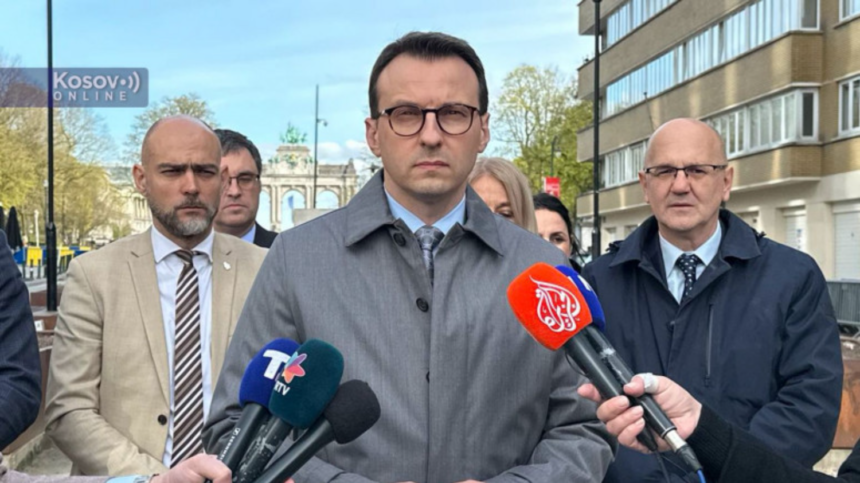In a significant development, the Serbian delegation has reportedly left a scheduled meeting in Brussels, citing Kosovo’s recent police operation against parallel structures in ten municipalities as the primary reason for their departure.
The meeting was intended to be the inaugural session of the Joint Commission for Missing Persons. However, according to reports from Euronews, Serbian representative Petar Petković exited the discussions following Kosovo’s law enforcement actions.
Earlier today, Kosovo’s Minister of Internal Affairs, Xhelal Sveçla, announced the closure of Serbian-run parallel municipalities in Lipjan, Obiliq, Prishtina, Fushë Kosovë, Vushtrri, Novobërdë, Kamenicë, Viti, Rahovec, and Skënderaj, as well as the shutdown of illegal postal and tax offices. Minister Sveçla emphasized that this operation marks the end of lawlessness, asserting that the only Serbian institution within Kosovo will now be its embassy in Pristina.
The closure of these parallel structures has been met with mixed reactions. Kosovo authorities view the action as a step toward consolidating state institutions and reinforcing the rule of law. Conversely, Serbian officials and representatives of the Kosovo Serb community have condemned the operation, labeling it as “illegal and violent.” They argue that these structures functioned as temporary organs under the Serbian system and are essential for serving the Serbian community in Kosovo.
The abrupt departure of the Serbian delegation from the Brussels meeting underscores the ongoing tensions between Kosovo and Serbia, particularly concerning the status and operation of parallel structures within Kosovo. This incident highlights the challenges in normalizing relations and the complexities involved in addressing the needs and rights of the Serbian community in Kosovo.
As the situation develops, it remains to be seen how this event will impact future dialogues and the broader efforts toward reconciliation and integration in the region.







